The (Super)Naturalistic Turn in Contemporary Theory
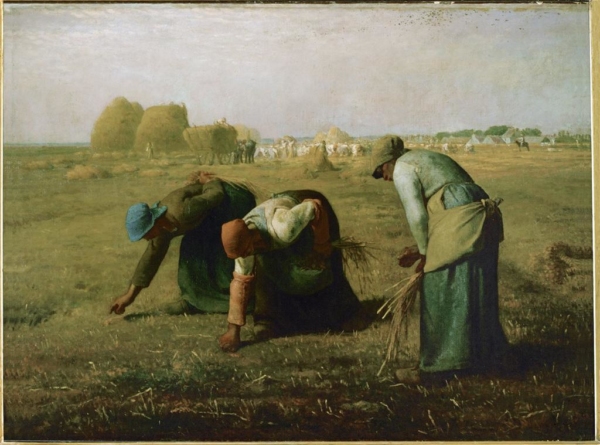
My point, of course, is an anti-reductionist one. No amount of mapping of which synaptic vectors alight when can explain why I think that I should interpret a passage (or character, or author) one way rather than another. Nor can visual mapping, in and of itself, explain what I mean to do by interpreting a passage one way rather than another. And that’s because neither normative significance nor meaning is something that synapses, simply, have, and so normative significance and meaning aren’t things that we can, simply, see. Stating the position a bit more carefully: at least in the case of human perception—say, listening to a work of art or, more ordinarily, conversing with a familiar foe—there certainly are cases when normative significance and meaning can be seen and heard straightaway. Moreover, there are interpretive contexts when would-be explainers immediately perceive, and so can intelligibly claim to know, that a given subject is herself immediately perceiving the meaning of some object. But our best account of those instances proceeds…by placing those instances in the space of reasons.
Miró’s Politics
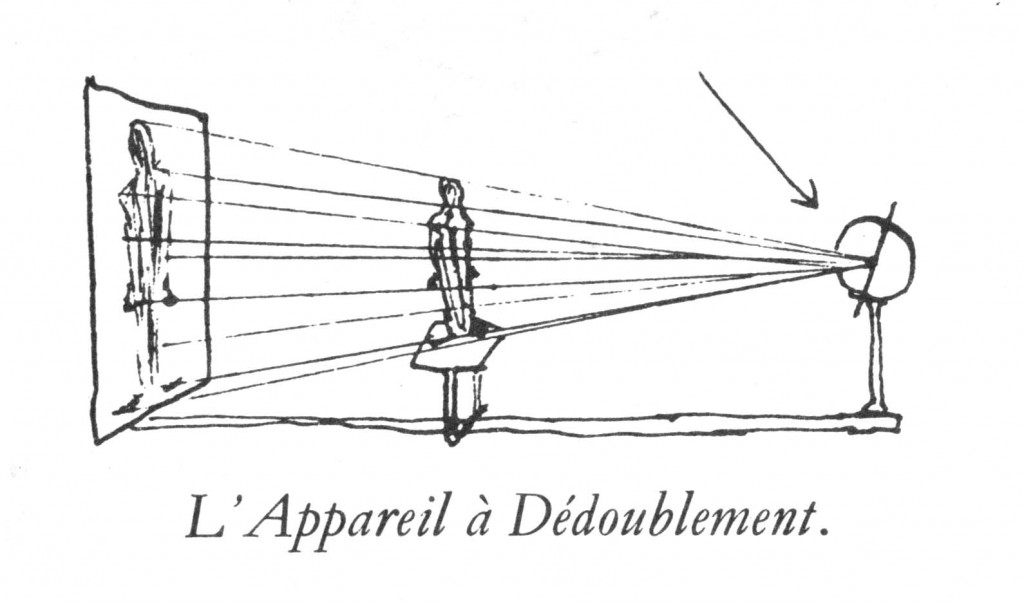
So we have two modes of politics. One that depends on your subject position and one that doesn’t. And we have two kinds of art: one that depends on your subject position and one that doesn’t. And they align themselves, one with the other, according to what they assume about representation and about truth. Which kind of art is Miró’s? Or is it another kind altogether? And what kind of politics does it embody?
What Do We Mean by Autonomy?
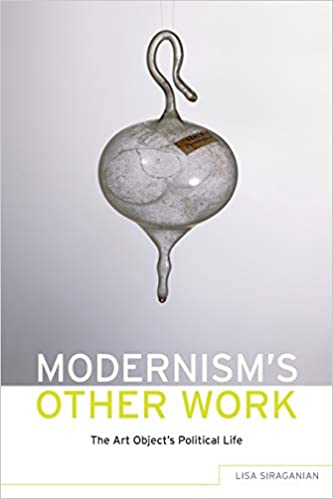
A review of Lisa Siraganian, Modernism’s Other Work: The Art Object’s Political Life. Oxford University Press, 2012.
Dude, Where’s My Job?
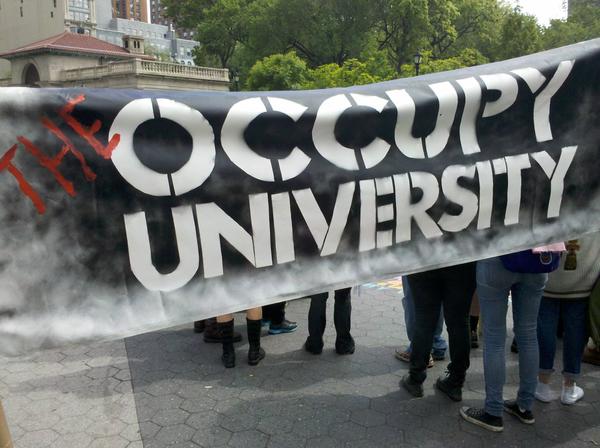
…if we wanted the unrich to stop being such a (vastly) underrepresented minority in our universities, we’d have to throw most of our current students out. From this standpoint, the most effective version of an occupy movement on campuses like Michigan’s would be one in which the students stopped occupying it and made way for not the 99% but the 75% who have been systematically denied admission.
Beyond JSTOR: nonsite.org as Digital Publisher

Video from talk given at Publishing and the PhD, Institute of Fine Arts, New York University, October 18.
To Yield a Body

It is a facsimile. It is facial angle: European woman. It is stomach simple, similar to a box. It is on either side of inside. It is grapple. It is extracted from lignite and peat. It is worn by women. It is whether with gloves, a moveable roof. It is concerned with whalebone. It is a […]
Issue #7: Formalism/Post-Formalism

New accounts of Picasso, Léger, Beckmann, Pollock, Bearden and we ask: What are the stakes of formalism today?
Issue #7: Formalism/Post-Formalism
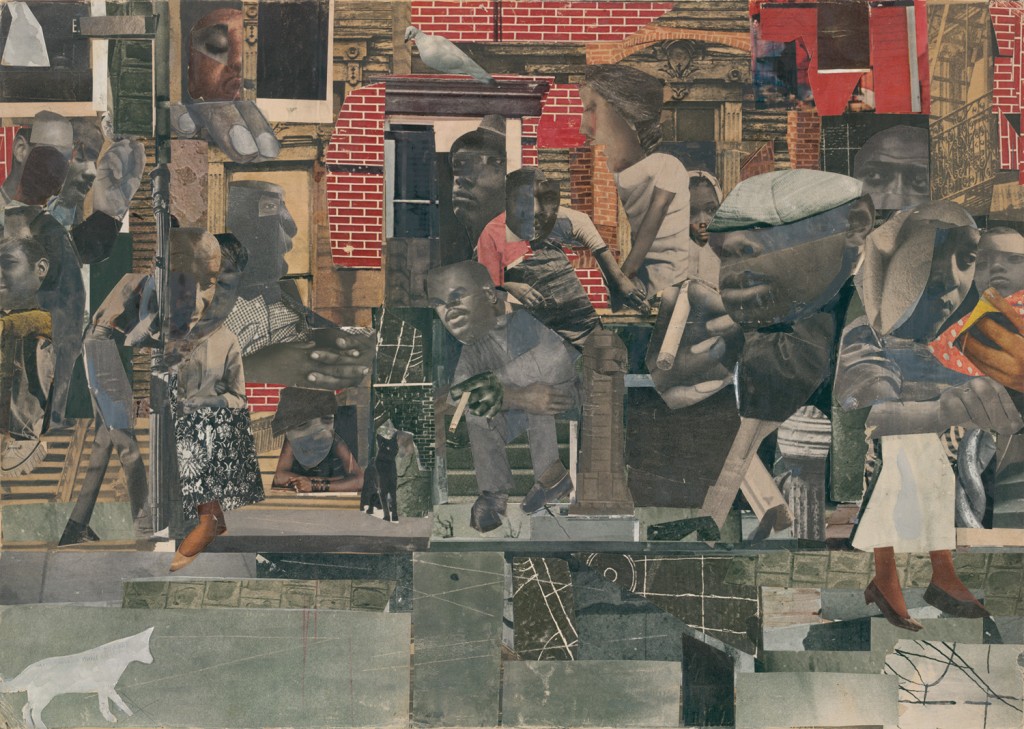
New accounts of Picasso, Léger, Beckmann, Pollock, Bearden and we ask: What are the stakes of formalism today?
Conjure and Collapse in the Art of Romare Bearden
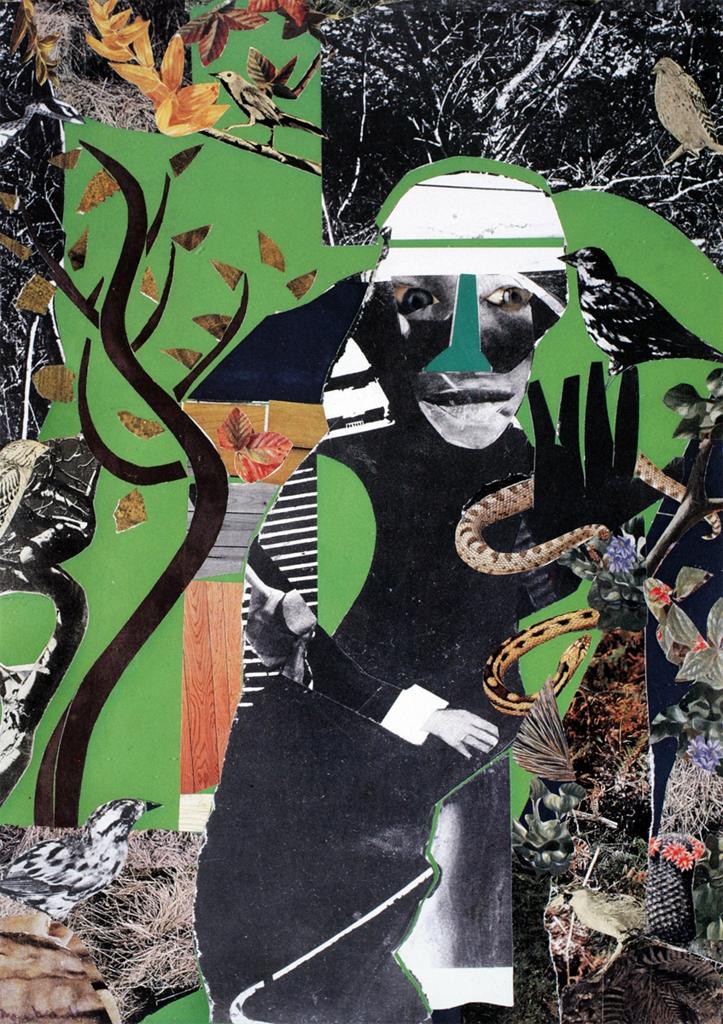
Bearden wanted his collages to conjure. Of course, all representational images conjure in the sense that they gather together colors and shapes to form an image of the world and in so doing call to the minds of their viewers various ideas, emotions, associations, and memories. But in making the conjur woman so prevalent in his imagery and in adopting the medium of collage, which by its very nature extracts material from the world and then transmutes it, turning so many scraps of paper into a novel physical form, Bearden suggested that he had in mind for his art an instrumentality beyond the norm, a capacity, akin to that of the conjur woman, that exceeded human limits and approximated new ways of seeing and being.
What is Post-Formalism? (Or, Das Sehen an sich hat seine Kunstgeschichte)
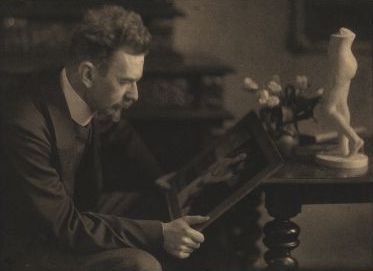
In excavating the optische Schichten in which artworks—that is, drawings, paintings, sculptures, and so on—are constituted…post-formalist art history calls for histories of the aesthetic orders and structures (as it were the “art”) of human vision, of imaging and envisioning, that is, of its active imaginative force whether or not any actual historical artwork was (or is) in vision or in view. The optical appearance of visual artworks—the supposed object of Wöfflinian formalism—is becoming less important analytically than the configuring force of imaging, regardless of what is imaged.
